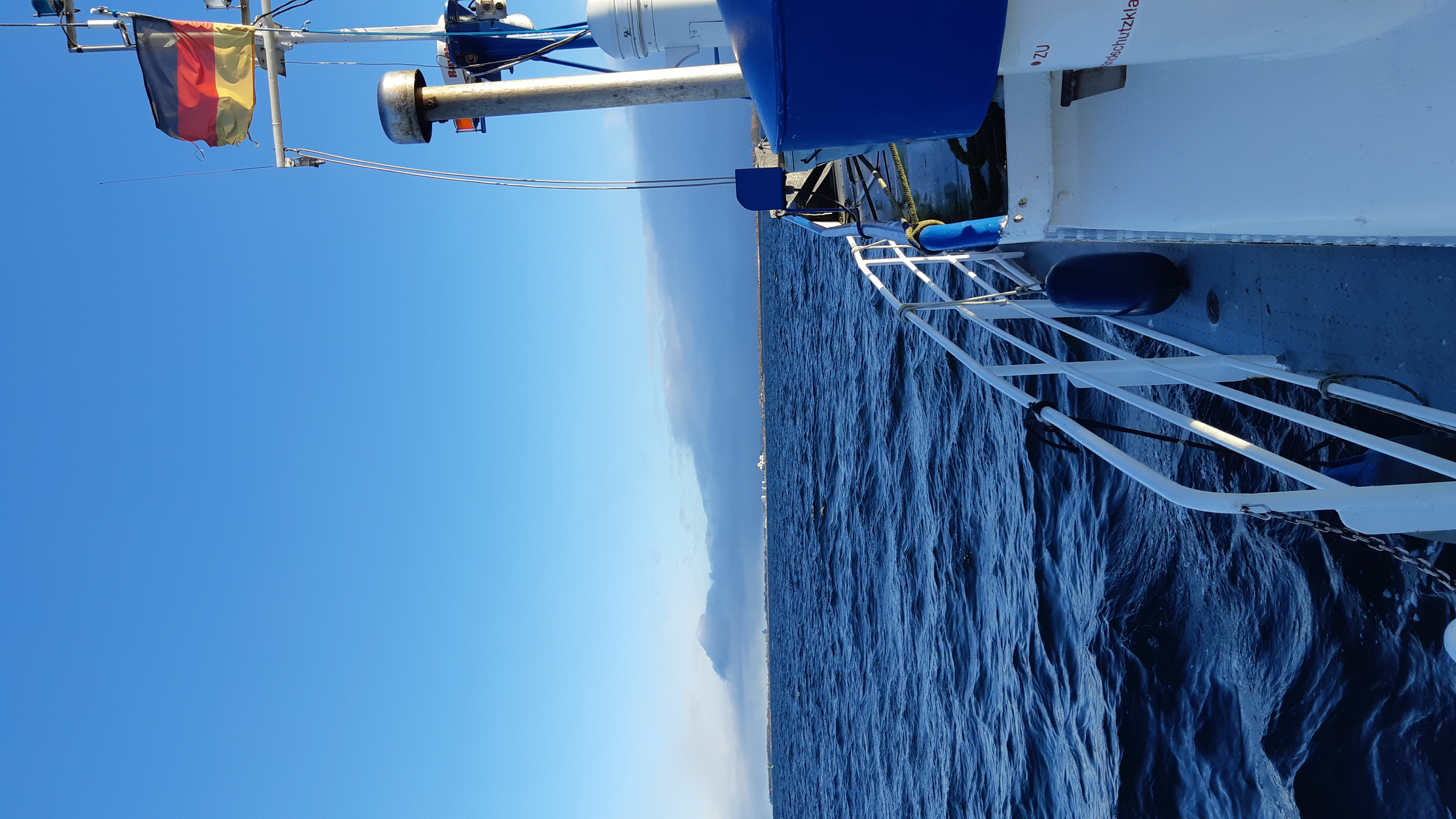About

The Marine Behavioural Ecology Group at GEOMAR Helmholtz Centre for Ocean Research Kiel, in Kiel, Germany is led by Dr. Christopher Monk.
We use experiments in the field and in the lab and often pair them with simulations to understand the diversity and function of individual behavioural interactions in marine ecosystems. We are guided by the fact that ecosystems are complex adaptive systems in which regional and global patterns are the collective outcome of many fine scale interactions. Our work spans from a variety of disciplines, including behavioural ecology, evolutionary ecology, movement ecology, applied fisheries science and social ecological systems research. Ultimately, we aim to help safeguard the function of the ocean for future generations and the conserve our marine biological resources, particularly in the face of anthropogenic stressors, such as climate change or overharvesting.
We specialize in collecting and analyzing high resolution behavioural data in the wild, usually using fine-scale acoustic telemetry. In this way we can collect rich datasets that enable us to look closely into the lives of fish in the wild and explore previously untestable questions about wild animal behaviour.
The Marine Behavioural Ecology Group strives to remain highly collaborative. We are actively involved in the European Aquatic Animal Tracking Network and the LakeFishTelemetryGroup, and we are always open to new ideas and collaborations.
Finally, to fully take advantage of the big datasets generated from acoustic telemetry and related technologies, new ways to make-sense of the data are needed. We therefore develop and share new 3d immersive and interactive 3d visualization tools, essentially allowing behavioural observations in our computers as if we were in the field.